What are the best e-payments for deposit and withdrawal in forex trading and why are they recommended? Find out the answer in this article.

Traders have various options for depositing and withdrawing funds. Different brokers offer different methods, each with its own processing times, procedures, and fees. Commonly available payment methods in forex brokers include credit cards and bank wires. However, the rise of online payment services in recent years has made e-payment or e-wallets increasingly popular.
Typically, traders are redirected to the e-wallet page to log in and complete deposit or withdrawal transactions, which are processed relatively quickly. But, which e-payment is the best?
So, here are the lists of 5 recommended e-payments for forex deposit and withdrawal:
- Skrill: offered cross-border transactions in at least 40 currencies
- Neteller: has advanced safety to prevent money laundering
- Paypal: a well-known company that have million clients
- WebMoney: has a purse system
- FasaPay: has tight deposits and withdrawals fees
Let's take a look at the advantages of each item on the list above.
1. Skrill
Skrill is a digital payment provider established in 2001 which offers a range of online transactions and payment options for global traders. It was one of the first companies that obtained the license for a digital payment system. Skrill changed name from Moneybookers and rebranded itself in September 2011. In fact, the word "Skrill" is stands for "skrilla", a slang word that means money. Apart from its experience, the company's reliability is also really good because it has been registered with the FCA (UK).
As for its use among forex traders, Skrill has partnered with nearly all well-known forex brokers including IC Markets, Pepperstone, and many more. It is available in many types of brokers, from the newly established to the top tiers.
Currently, Skrill has served more than 2 million clients from 200 countries and offered cross-border transactions in at least 40 currencies, making it highly useful for traders around the world. Providing service with its "Simple, Secure, and Quick" tagline, the company offers an easy, safe, and fast service for its clients.
Deposit and withdrawal via Skrill are actually quite easy. There are several options that you can pick, including debit and credit cards. What you should pay attention to are the cost and policies of each broker offering deposit and withdrawal via Skrill. For example, InstaForex doesn't charge an additional fee for using Skrill, but for each withdrawal, traders must pay a 1% commission (max. $11,41) with a processing time of 1-7 working hours.
2. Neteller
Neteller is one of the most well-known e-payment providers across the globe. The company was built in 1999 and initially headquartered in Canada before eventually moving to the Isle of Man in 2004. Over the decades, Neteller has served millions of clients from more than 200 countries and has processed more than $1 billion worth of transactions every year. The Neteller e-wallet service supports at least 19 currencies, 13 languages, as well as additional local deposit and withdrawal options.
The security aspect of this company is also guaranteed because Neteller is regulated by the FCA (UK) and provides many unique safety features such as IP checking, safety code verification, the use of PCI DSS, and real-time monitoring.
Not only that, Neteller even uses advanced safety measures to prevent money laundering. In addition, the company also uses a segregated account system so that the clients' funds will not be incorporated into the company's operational funds.
As for the availability, the majority of retails brokers have provided it for a long time, including Exness, XM broker, JustForex, and many more.
When it comes to the actual service, Neteller offers many methods for account funding, such as debit cards, credit cards, local banks, and international bank transfers.
The transactions will be processed in a relatively short time, usually within 24 hours. However, each broker that provides access to Neteller may have different policies. For example, FBS broker doesn't charge any commission for deposits, but charge a 2% commission for withdrawals.
3. Paypal
Typically, Paypal is known as the payment method used for digital transactions across any platform. Despite its reputation, brokers that include Paypal in their service are still quite a few compared to the previous digital payment providers. It is due to the restrictions implemented by the company, as it follows the US policy that prohibits services in the US-sanctioned areas.
Some brokers offer Paypal because it is considered a trusted e-wallet company with high-quality services and many internet users are already familiar with it. Among those brokers are FxPro and eToro.
Each broker imposes different policies regarding the Paypal service. FxPro for example, would charge the clients a deposit fee of 2.7% and a processing time of at least 10 minutes, whereas for withdrawal, it is free of commission but takes at least 1 working day to process.
As for the safety aspect, Paypal has obtained licenses from the US, Australia, and European Union. The company's security system itself is designed to accommodate every side's interests in an online transaction.
As a result, the company always checks the safety of information, prevents scams in real-time, protects clients' accounts, provides service for rejected transactions, monitors the accounts to prevent frauds like email phishing, and many more.
See also: List of Brokers Accepting PayPal
4. WebMoney
Webmoney Transfer is a global e-wallet company established in 1998 and was based in Moscow, Russia, amidst the economic crisis that affected the country at that time. In their early years, the company only accepted Russian clients but later started expanding its business globally. Currently, Webmoney has grown to be one of the best global e-wallet companies with over 30 million clients from various countries.
Although their biggest market is still Russia, the company is popular across Europe and Asia and now about to expand to America. The company is known to provide reliable services that allow clients to make secure online transactions and efficiently manage their funds. One of the most notable features of WebMoney is its purse system. It is basically divided into 8 currency units, with the USD being the most favored one because most forex traders widely use it.
At the end of 2015, the company founded Webmoney Europe Ltd, with a head office in Cambridge, UK, and received an FCA license to operate in the European Economic Area as an e-wallet service.
When it comes to the security of the clients' data and funds, WebMoney has implemented a layered security system. The authentication process consists of passwords, secret keys, personal digital certificates, and E-Num (one-time passwords).
For this reason, WebMoney is considered to be one of the best e-payment options for forex traders. The average fee charged for WebMoney transfers in forex brokers is 0.8%.
5. FasaPay
The next top e-wallet company is Fasapay, which is still relatively new compared to the previous companies. The company was established in 2010 but has quickly grown to be one of the most accessible digital payments, especially in the Southeast Asia region. There is quite a wide range of brokers that include FasaPay in their services, such as Alpari, GOMarkets, etc.
If we talk about the actual service, FasaPay provides quite affordable deposits and withdrawals, as its average fees do not exceed more than 0.5% per transaction. In addition, the security system is also quite reliable. The users' accounts and transactions are under the protection of several types of safety protocols that include Master Code, PIN Setting, PIN on a transaction, and API Security.
However, bear in mind that so far, FasaPay only accepts USD and IDR (Indonesian Rupiah), so the currency options are still limited for traders who need to deposit in other types of currency.
See Also: List of Brokers Accepting FasaPay
To assist you in comparing, here is a comparison table for each of the above e-payment methods.
| Skrill | Neteller | Paypal | WebMoney | FasaPay | |
| 🕒Year established | 2001 | 1999 | 1998 | 1998 | 2010 |
| 💲Accepted currencies | 40 | 19 | 25 | 5+ | 2 |
| 🏢Number of brokers that accept it | 216 | 203 | 52 | 68 | 84 |
The Advantages of Using E-Payment
Since the popularity of e-payment methods become so massive, a large number of forex brokers now offer e-wallets as a payment method for deposit and withdrawal. Here are some of the advantages of using e-wallets:
- Quick processing time. Compared to other payment options, e-wallets are much faster and even guarantee instant payments in some cases.
- Less cost needed. Usually, forex brokers won't charge any additional commission fee for depositing via e-wallet. As for withdrawals, the fees are still relatively lower than other methods.
- Safer to use. Should you find your broker is trying to scam you, the e-wallet company can act as the third party in the dispute without costing you extra money.
Moreover, e-payment itself has many types to choose from. That is why traders need to know which e-payment suits them best and which broker provides it. It is crucial because many unnecessary problems can occur if you choose an unreliable method, such as transactions beinged or even rejected, slow processing time, etc.
Conclusion
In sum, e-payment or e-wallet methods have quickly expanded and become popular among forex traders. It is not surprising because digital payment has several advantages that deal with more effectiveness in transaction cost and processing time. The abovementioned e-payments can be a good reference for you.
Before funding your forex account, make sure to check the payment options provided by your broker along with the terms and conditions so you can choose the most ideal e-payment to use. Most forex brokers only allow deposit and withdrawal with one method, so you also need to make sure that your chosen e-payment is not only favorable for deposits but also withdrawals. As a reference, check out the four important things that you need to know about deposit and withdrawal.

 Dedicated FREE FOREX VPS
Dedicated FREE FOREX VPS Free FOREX Virtual Private Server
Free FOREX Virtual Private Server MT4 Demo Contest, Get $500
MT4 Demo Contest, Get $500 Sign Up for an Account, Claim 60% Deposit Bonus
Sign Up for an Account, Claim 60% Deposit Bonus Free MT4/MT5 VPS 2024
Free MT4/MT5 VPS 2024 Send E-mail and Get Free Merchandise
Send E-mail and Get Free Merchandise $1K Refer a Friend Bonus for Pepperstone Pro clients
$1K Refer a Friend Bonus for Pepperstone Pro clients Maximize Your Earnings with 100% Deposit bonus
Maximize Your Earnings with 100% Deposit bonus Trade to Win, $5,000 Monthly Demo Contest
Trade to Win, $5,000 Monthly Demo Contest Claim 30% + 15% Deposit Bonus from LiteFinance
Claim 30% + 15% Deposit Bonus from LiteFinance
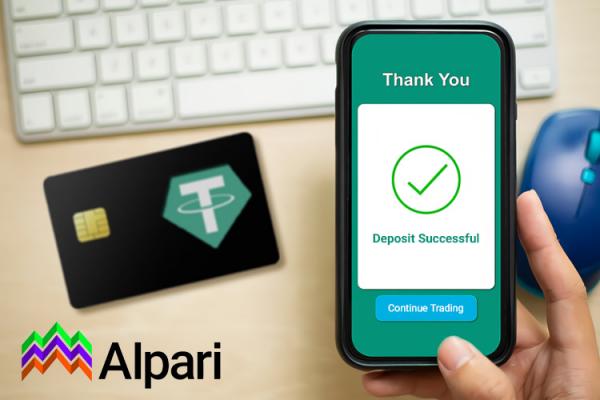


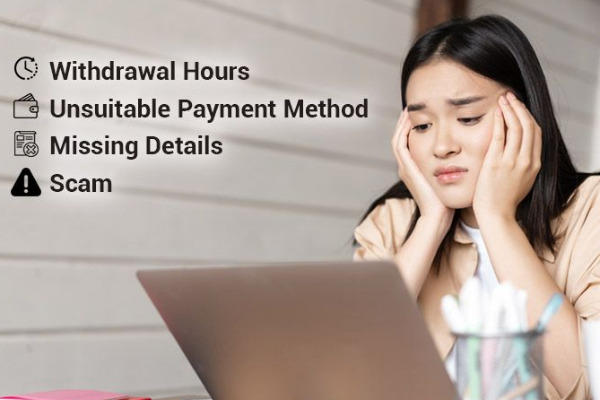
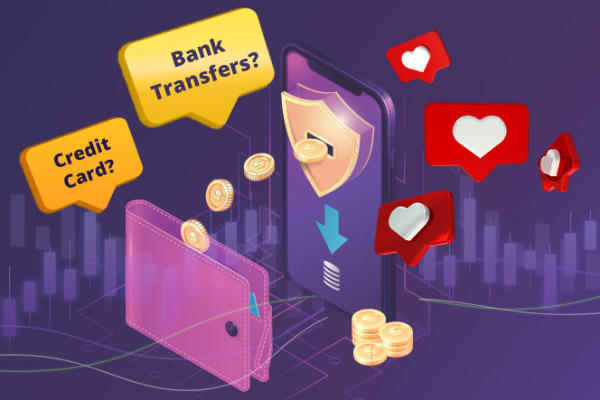
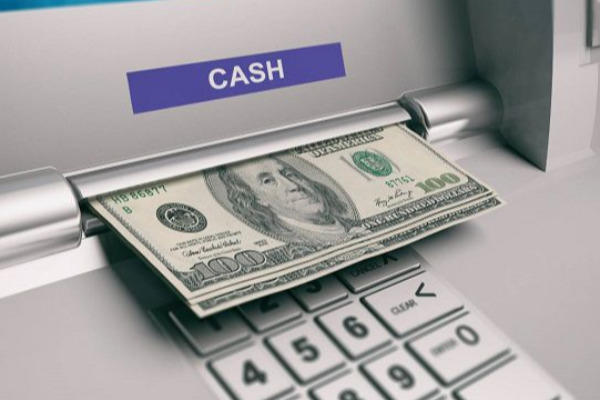
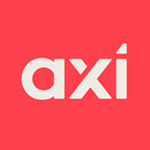






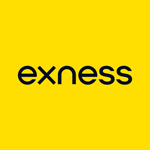

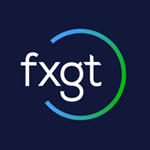
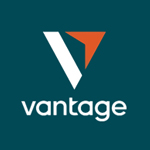
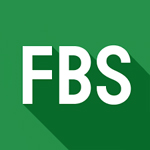
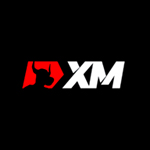
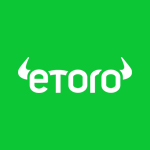
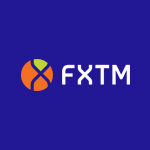

10 Comments
Benitez
Jul 7 2023
G'day, mate! Just want to have a chinwag about PayPal, mentioned in this article. Why is it that some brokers don't allow PayPal as a payment method? Despite being widely used for digital transactions, not many brokers offer PayPal compared to other digital payment options. Is this due to specific restrictions imposed by PayPal itself? And is it true that PayPal follows US policies that prohibit its services in certain US-sanctioned areas? I'm keen to know why PayPal's availability as a payment method is limited in the forex trading industry. Thanks, mate!
Vincenzo
Jul 8 2023
@Benitez: The limited availability of PayPal as a payment method in the forex trading industry can be due to PayPal's specific policies and regulations. PayPal offers buyer protection, which can pose risks for brokers in the volatile forex market. Additionally, PayPal may have restrictions on providing services in certain regions that are subject to US sanctions or have specific regulatory requirements. As a result, some brokers choose to offer alternative payment methods that are more tailored to the needs of forex traders. These may include bank transfers or dedicated online payment systems commonly used within the industry. It's important to note that while PayPal may be limited, there are other digital payment providers widely accepted by most forex brokers, such as Skrill, Neteller, or credit/debit cards.
Robert
Jul 11 2023
I'm real curious about how this whole e-payment thing actually works, eh? It seems like e-wallets have become super popular among forex brokers for deposits and withdrawals. Can you give me the lowdown on how e-payment operates and what makes it so advantageous, eh? I've heard that it's lightning-fast, with some cases even guaranteeing instant payments. Plus, it's supposedly more cost-effective, with brokers usually not charging extra commission fees for e-wallet deposits.
And get this – if there's any funny business going on with your broker, the e-wallet company can step in as a third party to help resolve disputes without costing you extra money. That sounds pretty safe to me. By the way, since there are different types of e-payment methods out there, what should I consider when choosing the best one for me and making sure my broker supports it, eh? I don't want any headaches like rejected transactions or sluggish processing times. Any tips on navigating the e-payment world would be awesome, eh!
Brozo
Jul 13 2023
@Robert: E-payments, especially e-wallets, have transformed how forex brokers handle deposits and withdrawals. Here's the deal: e-wallets are digital payment methods that are lightning-fast, often offering instant transactions. They are cost-effective since many brokers don't charge extra commission fees for e-wallet deposits. The best part? E-wallet companies can step in as a third party to resolve disputes with your broker, without any extra cost. It's a safer option. When choosing the right e-payment method, consider factors like reliability, ease of use, transaction fees, and if your broker supports it. Look into popular e-wallets like PayPal, Skrill, or Neteller, as they are widely supported and user-friendly. Make sure to choose an e-payment method that fits your needs and works smoothly with your broker to avoid any headaches.
Montana
Jul 14 2023
Do the brokerage services and e-wallet services provided by WebMoney fall under the jurisdiction of the same regulatory authority, or are they subject to separate regulations, mate? With WebMoney expanding its operations to Europe and snagging an FCA license through Webmoney Europe Ltd, can we reckon that their e-wallet services stick to the same regulatory framework as their brokerage services? In simpler terms, does the FCA license cover both the e-wallet services and brokerage services offered by WebMoney within the European Economic Area, bro?
Kenny
Nov 23 2023
Be aware that Skrill is registered with the FCA UK. What caught my attention is that FCA UK is known for regulating brokers. Thanks to the article to tell me about this. But because of that, I'm curious about the broader responsibilities of FCA UK. Besides brokers, what other entities or industries does FCA UK regulate?
Joshua
Nov 27 2023
Well, let me answer your question. They're basically the superheroes of the financial world, overseeing a whole bunch of things to make sure everything's on the up and up. You've got your big-shot banks and financial institutions – yeah, the FCA's got them on speed dial. Insurance companies? Of course, they're on the list too. Investment firms, those cool cats in fintech cooking up the latest financial wizardry, and even your friendly neighborhood payment service providers like Skrill – they all get a nod from the FCA.
It's like the FCA is the guardian angel making sure everyone plays fair and square in the financial playground. They're on a mission to keep things stable, protect consumers, and make sure financial markets are as transparent as your grandma's secret apple pie recipe. So, when you hear FCA, just know they're the unsung heroes making sure the financial world runs smoothly.
Dion G
Jan 17 2024
Hey, so I've been digging into WebMoney's deal, and I've got this burning question: do their brokerage services and e-wallet offerings navigate the regulatory landscape together, or are they on separate regulatory ships? Here's the scoop – WebMoney went big in Europe, snagging an FCA license through Webmoney Europe Ltd. Now, my head's spinning a bit trying to figure out if their e-wallet hustle and brokerage game are both snug under the same regulatory umbrella.
I mean, getting an FCA license is no small feat, and it sounds like they've got their ducks in a row. But does this license cover the whole shebang, both the e-wallet and brokerage services, as they do their thing in the European Economic Area? I'm just trying to wrap my head around whether WebMoney's operations in Europe play by a uniform set of rules or if it's a different game for e-wallets and brokerages. Any insights on this regulatory maze would be golden!
Boris
Jan 19 2024
Gerard
Apr 22 2024
In the article, it said that a
n advantage of using e-payments is that if you suspect your broker is attempting to scam you, the e-wallet company can intervene as a neutral third party in the dispute at no additional cost to you.
I'm new to e-payments and curious about how we receive payments from other users. Do we need to undergo a verification process like the Know Your Customer (KYC) procedure brokers typically require? Thanks!